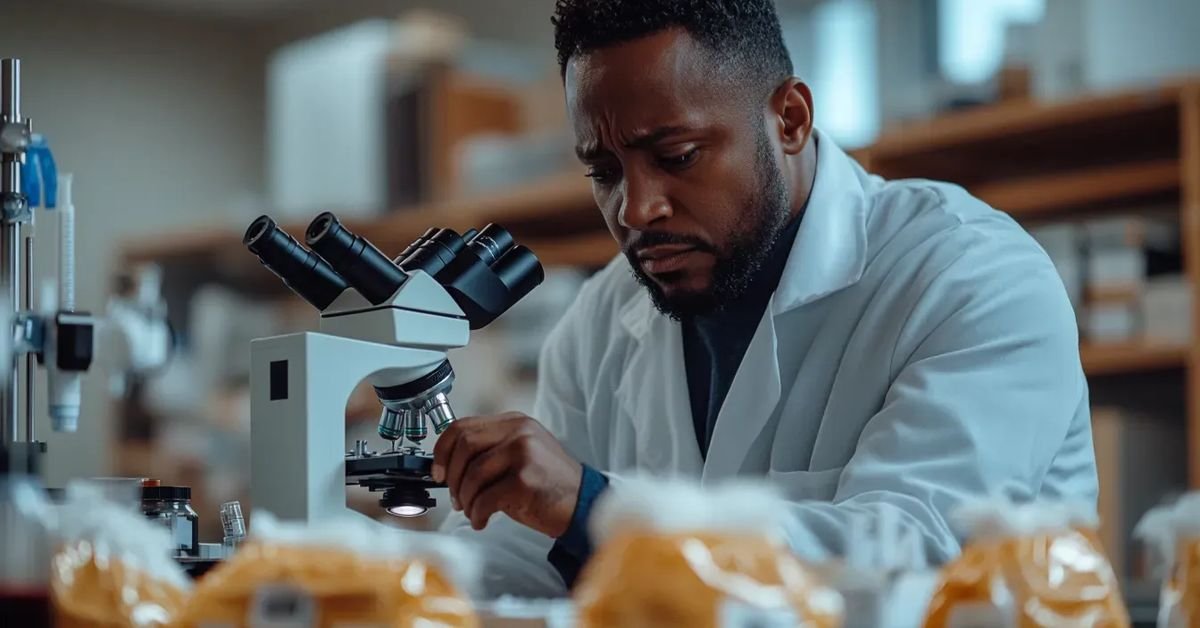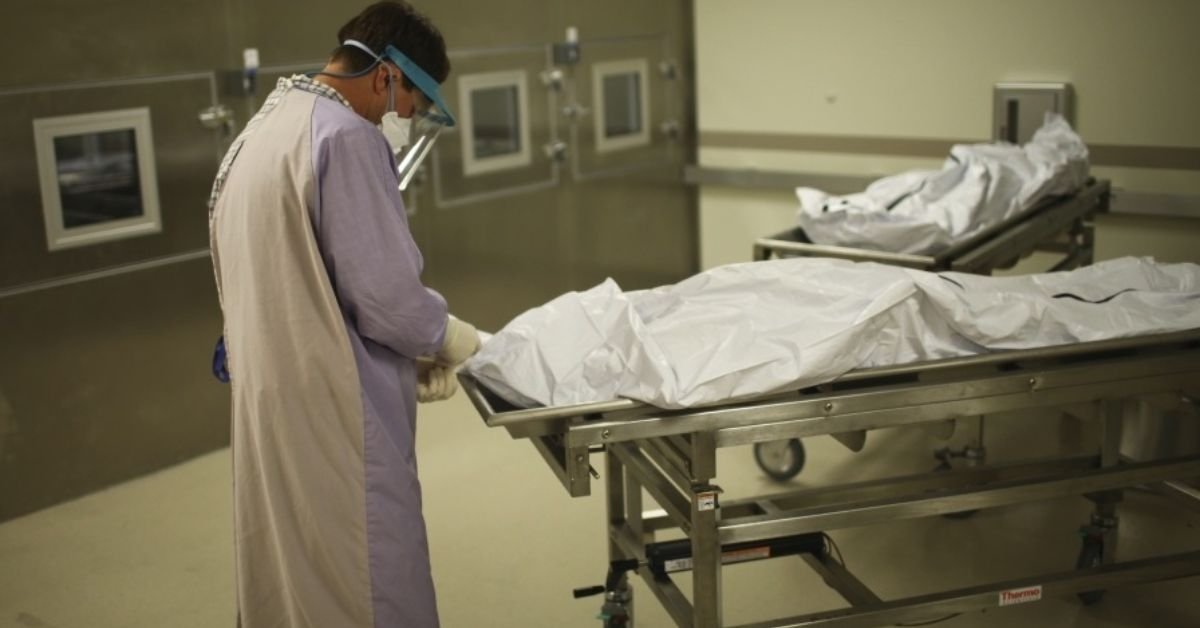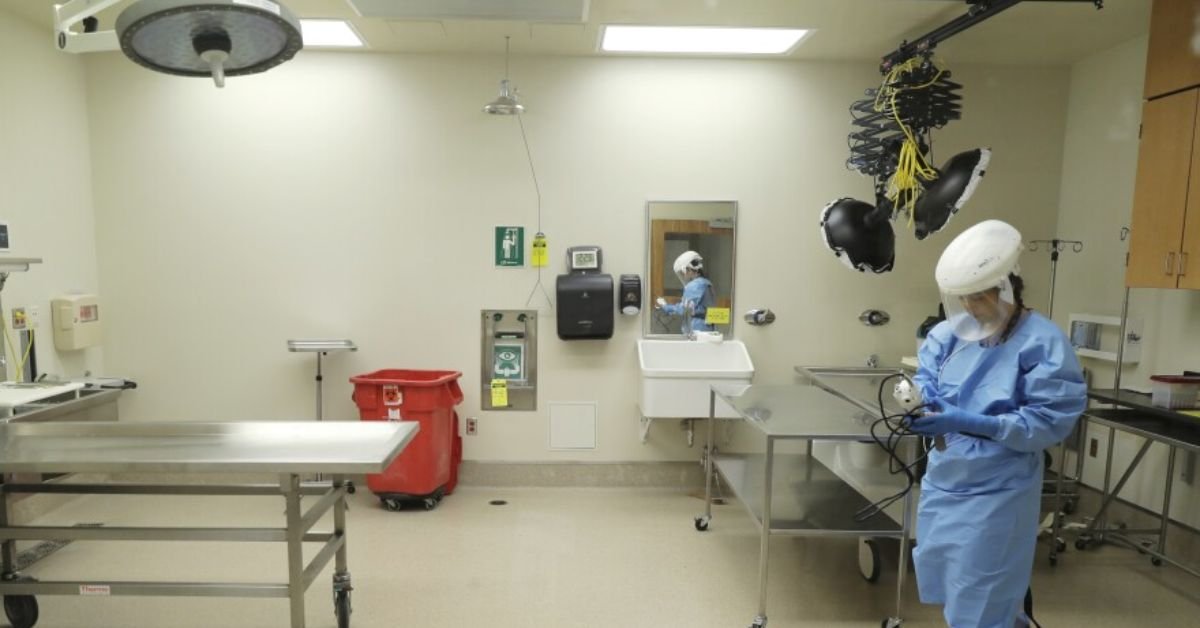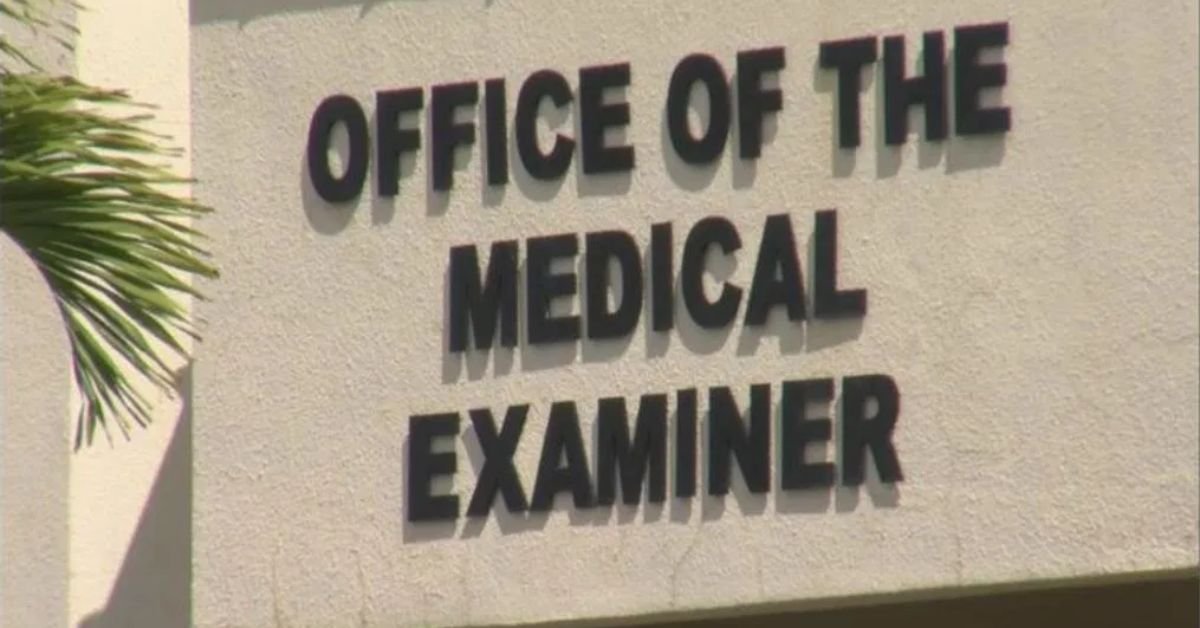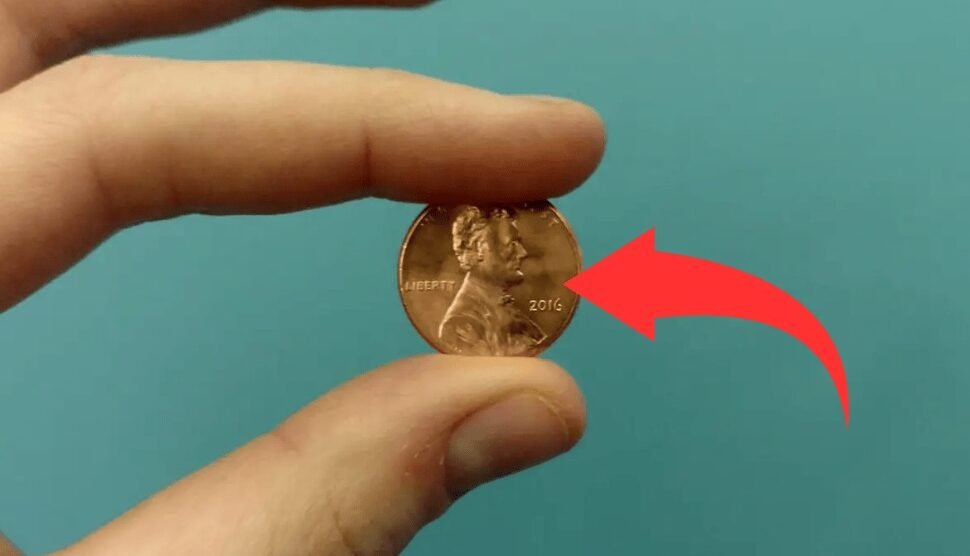Florida’s forensic authority system integrates scientific disciplines with statutory and administrative oversight to support the state’s justice and public health infrastructure. The system is governed through a combination of legislative mandates, professional standards, and interagency coordination. This article explores how Florida’s forensic authority system is structured, who holds jurisdiction, and how forensic services are delivered and regulated across the state.
1. Overview of Forensic Authority in Florida
The forensic authority system in Florida refers to the institutional and legal framework through which forensic science and medicolegal investigations are conducted. It encompasses:
- Medical Examiner System
- Forensic Laboratories
- Law Enforcement Forensic Units
- Judicial Standards for Expert Testimony
These components work together under the authority of Florida law to investigate crimes, determine causes of death, analyze evidence, and present scientifically valid findings in court.
2. Statutory Basis and Legal Oversight
The foundational legal basis for Florida’s forensic system is established by multiple statutes:
| Florida Statute | Subject |
|---|---|
| Chapter 406, F.S. | Medical Examiners; authority for death investigations |
| Chapter 943, F.S. | FDLE authority over criminal justice and forensic labs |
| §90.702, F.S. | Admissibility of expert testimony (Daubert Standard) |
| Chapter 458 / 459, F.S. | Licensure of physicians and forensic pathologists |
These statutes collectively define who may perform forensic duties, the conditions under which evidence is collected, and how findings are introduced into the judicial system.
3. Florida Medical Examiners Commission (MEC)
The Medical Examiners Commission (MEC) is the regulatory authority for Florida’s death investigation system. Operating under the Florida Department of Law Enforcement (FDLE), the MEC:
- Appoints and oversees district medical examiners
- Sets statewide standards for autopsy procedures and reporting
- Reviews complaints, audits districts, and ensures compliance
Florida is divided into 25 medical examiner districts, each responsible for specific counties. The medical examiner in each district holds statutory authority to investigate deaths outlined in §406.11, F.S.
4. Forensic Laboratories and Scientific Authority
Forensic laboratory services in Florida are primarily provided by the Florida Department of Law Enforcement (FDLE) and certified local crime laboratories.
FDLE Crime Laboratories Provide:
- DNA and serology analysis
- Firearms and tool mark identification
- Drug chemistry and toxicology
- Latent fingerprint comparison
- Digital forensics
Each forensic discipline operates under protocols compliant with ANSI National Accreditation Board (ANAB) standards, ensuring scientific reliability and accountability.
5. Law Enforcement and Agency-Based Forensic Units
Many county sheriff’s offices and municipal police departments operate their own forensic units for field investigation and evidence collection. These agencies:
- Employ crime scene investigators (CSIs)
- Maintain property and evidence sections
- Collaborate with FDLE and ME offices for advanced analysis
Though local agencies manage initial evidence handling, the scientific authority for specialized testing often resides with FDLE or external accredited labs.
6. Judicial Standards and Forensic Testimony
Florida adheres to the Daubert Standard for expert witness testimony under §90.702, Florida Statutes. This standard requires:
- Use of peer-reviewed, scientifically valid methods
- Testimony grounded in sufficient facts and data
- Relevance and reliability of scientific reasoning
Only qualified professionals with appropriate education, experience, and certifications may provide forensic testimony in criminal or civil cases.
7. Certification and Professional Regulation
Certifying and Oversight Bodies Include:
| Organization | Role in Florida Forensic Authority |
|---|---|
| American Board of Criminalistics (ABC) | Certifies forensic scientists in various disciplines |
| American Board of Medicolegal Death Investigators (ABMDI) | Certifies death investigators in ME offices |
| American Board of Pathology (ABPath) | Certifies forensic pathologists |
| International Association for Identification (IAI) | Accredits CSIs and fingerprint examiners |
| Florida Boards of Medicine and Psychology | Licensure and disciplinary authority |
Maintaining forensic authority in Florida requires adherence to continuing education, ethical practice, and regulatory compliance.
8. Interagency Coordination and Information Sharing
The forensic system in Florida relies heavily on cooperation between multiple entities:
- FDLE – Leads forensic testing, standards, and laboratory oversight
- Medical Examiner Offices – Determine cause and manner of death
- Law Enforcement – Manage crime scenes, collect evidence, coordinate investigations
- State Attorneys – Use forensic reports and expert witnesses in prosecution
- Florida Department of Health – Handles death certificates and public health data
Shared databases, standardized reporting, and mutual aid agreements enhance operational efficiency and consistency across jurisdictions.
9. Challenges and Strategic Enhancements
While Florida maintains a robust forensic authority system, several challenges persist:
- Workforce shortages in forensic pathology and toxicology
- High case volumes, particularly involving drug-related and violent deaths
- Need for uniform digital evidence protocols across agencies
- Public demand for transparency and accountability
Strategic efforts are underway to expand fellowships, modernize laboratory equipment, and increase interoperability between local and state agencies.
Conclusion
Florida’s forensic authority system is a comprehensive and interdependent network of agencies, professionals, and regulatory bodies. Rooted in statute and guided by scientific best practices, it ensures that forensic evidence is collected, analyzed, and applied with integrity and precision.
From the Medical Examiners Commission to FDLE laboratories and courtrooms across the state, Florida’s system functions as a coordinated structure committed to justice, public safety, and scientific excellence.
References
- Florida Department of Law Enforcement: https://www.fdle.state.fl.us
- Medical Examiners Commission: https://www.fdle.state.fl.us/MEC
- Florida Statutes (Ch. 406, 943, 90.702): https://www.leg.state.fl.us
- ANSI National Accreditation Board: https://anab.ansi.org
- Florida Board of Medicine: https://flboardofmedicine.gov
